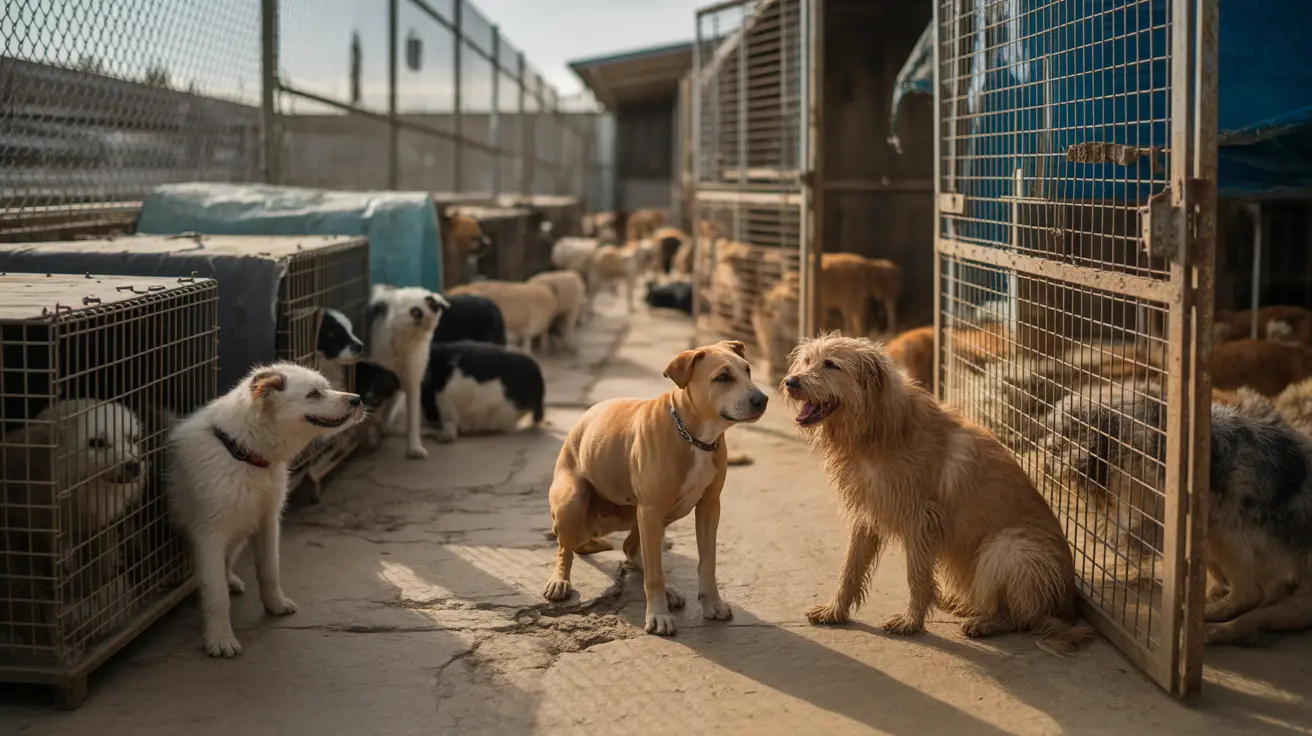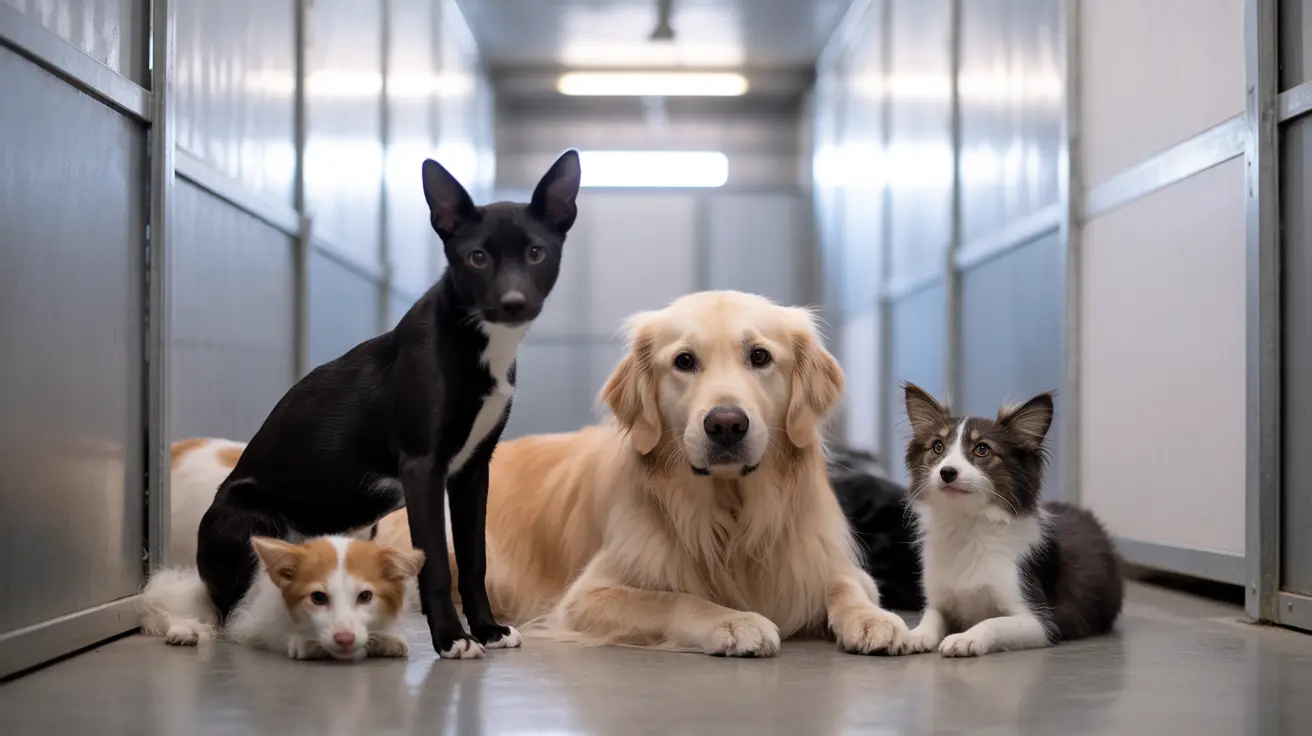Can Dogs Eat Peanut Butter? What Every Pet Owner Should Know
Peanut butter is a common household staple and a favorite treat among many dog owners. But while it’s delicious and seemingly harmless, not all peanut butter products are safe for canine consumption. In this article, we’ll explore the nutritional facts, benefits, potential risks, and important considerations when offering peanut butter to dogs.
The Good: Why Dogs Love Peanut Butter
Peanut butter appeals to dogs for the same reason it appeals to people: it's rich, creamy, and flavorful. Made from ground roasted peanuts, it contains protein, healthy fats, and even a few vitamins and minerals that can be beneficial.
Nutritional Benefits Include:
- Protein: Supports muscle health and maintenance.
- Healthy Fats: Provide energy and support cellular function.
- Niacin, Vitamin B, and Vitamin E: Essential for overall health.
Given in moderation, peanut butter can be a high-value reward especially useful in training or as a way to administer medications.
The Bad: Peanut Butter and Added Sugars
While natural peanut butter (made purely from peanuts with no additives) is generally safe, many commercial varieties contain
added sugars, artificial sweeteners, and other ingredients that are harmful to dogs.
Key concerns include:
- Xylitol: A common sugar substitute that is extremely toxic to dogs, leading to insulin spikes, hypoglycemia, seizures, or even liver failure.
- High Sugar Content: Can lead to dental problems, weight gain, and in some cases contribute to diabetes or pancreatitis.
- Sodium: Excessive salt can contribute to dehydration or sodium ion poisoning in severe cases.
Hidden Danger: Xylitol in Peanut Butter
The rise of low-sugar and sugar-free products means a larger number of peanut butter brands are using xylitol as a sweetener. Even tiny amounts of xylitol can be lethal to dogs.
Symptoms of xylitol poisoning in dogs include:
- Vomiting
- Weakness or lethargy
- Loss of coordination
- Seizures
- Sudden collapse
If you suspect your dog has consumed peanut butter containing xylitol, seek emergency veterinary care immediately.
How Much Peanut Butter is Safe?
Even natural, xylitol-free peanut butter should be considered an occasional treat—not a dietary staple. As a rule of thumb, peanut butter should take up
no more than 10% of your dog’s daily caloric intake.
Serving Suggestions:
- Small dogs (under 20 lbs): ½ teaspoon per day
- Medium dogs (20–50 lbs): 1 teaspoon per day
- Large dogs (50+ lbs): Up to 1 tablespoon per day
Best Practices for Feeding Peanut Butter
To keep your dog safe and healthy while still enjoying peanut butter, follow these tips:
Do:
- Choose all-natural peanut butter with no added sugar, salt, or xylitol.
- Use peanut butter as a reward, medication aid, or training tool.
- Refrigerate peanut butter-filled toys to make them last longer.
Don’t:
- Allow dogs with pancreatitis, diabetes, or obesity to consume peanut butter without consulting a vet.
- Leave peanut butter jars or containers accessible to curious pups.
- Assume peanut butter flavored products are safe—always review ingredients!
Healthy Alternatives to Peanut Butter
If you’re concerned about sugar or fat content, there are other dog-friendly options available:
- Pumpkin puree: Great for digestion.
- Mashed banana: Sweet and nutritious.
- Smooth cottage cheese: Rich in protein and calcium.
- Plain Greek yogurt: Offers probiotics and protein.
Final Thoughts
In conclusion, peanut butter can be a wonderful, occasional treat for dogs if chosen and served appropriately. The key is to
avoid any product containing xylitol and to limit portions to prevent health complications. If ever in doubt, consult with your veterinarian before offering your dog any new food product.
By staying informed and mindful, you can safely share a lick of peanut butter joy with your furry friend without risking their health.





